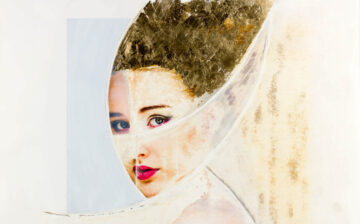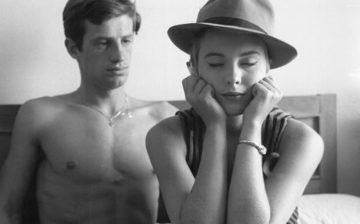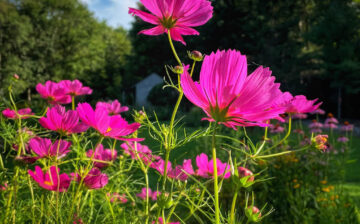Workshops
Go deep into the art of cinematography in this 5-week intensive which begins with Film Flow: Set & Production Dynamics for those wanting a solid grounding in set and production dynamics.
There are no available registration dates at this time.
SOLD OUT! Email [email protected] to be placed on a waitlist.
How to register
This 5-week Cinematography Intensive offers 2 registration options that allow students to choose whether they would like to take Creative Lighting for Film & TV or Nonfiction Cinematography in week 4. Please view the workshops below and select your registration option to sign up for your chosen tract. If you have any questions, please contact [email protected].
5-Week Cinematography Intensive with Creative Lighting for Film & TV:
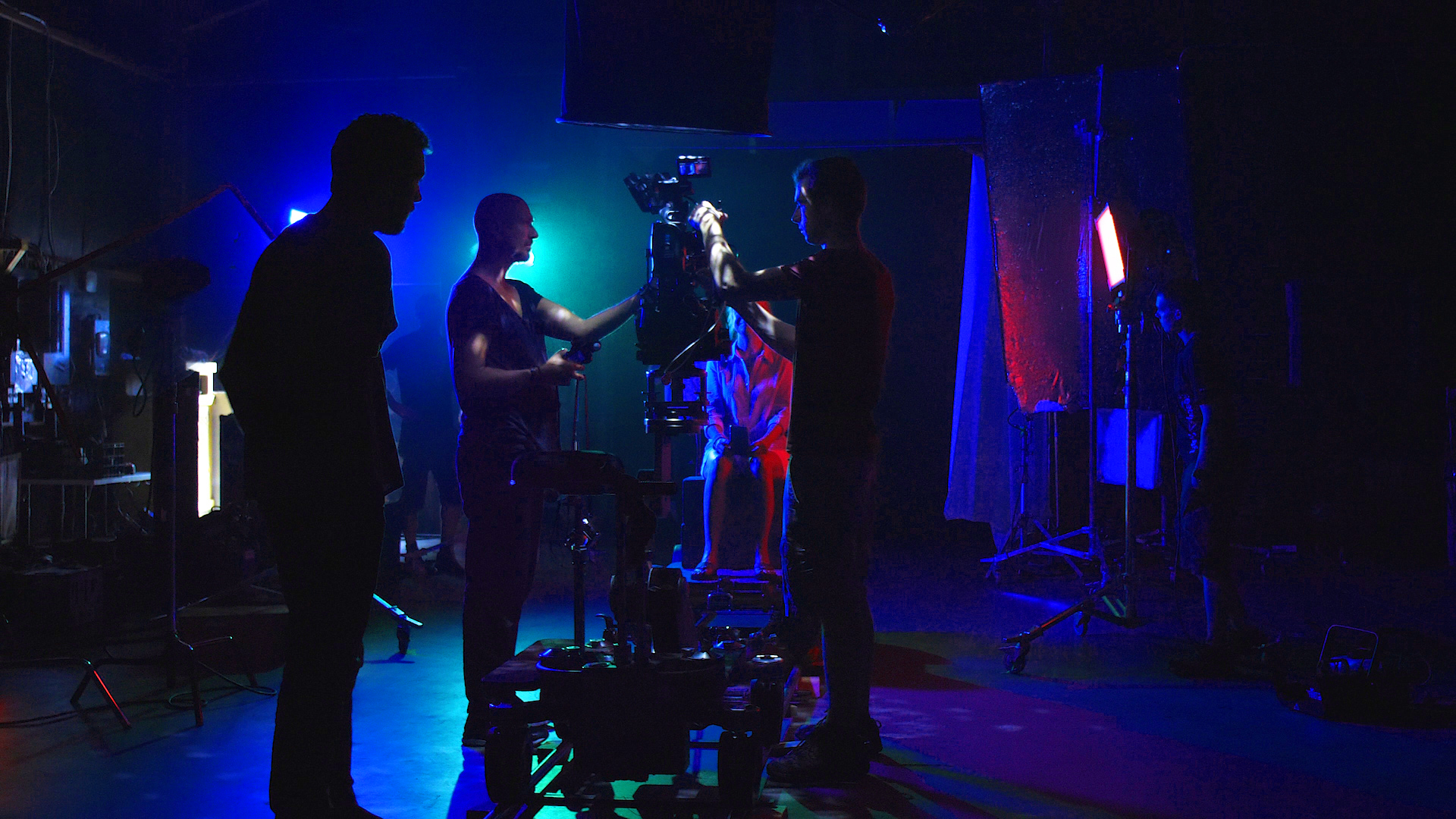
Our summer Cinematography Intensives can be taken as four or five-week sequences. The 5-Week Cinematography Intensive starts with the Film Flow: Set & Production Dynamics workshop, making it the best choice for those who want a solid grounding in set and production dynamics before going deeper into specific areas. It’s the ideal option for students with little or no on-set experience. The 4-Week Cinematography intensive offers the same experience without the foundational Film Flow: Set & Production Dynamics class.
This 5-Week Cinematography Intensive is a fully immersive program that provides students with the knowledge, tools, and experience, essential to become a working professional in the film industry. Unlike any other film program you’ll find, this Intensive exposes you to fundamental film theory, top-tier industry equipment, and the tools and knowledge to prepare you to work as a professional or get to the next level in your career. View included workshops.
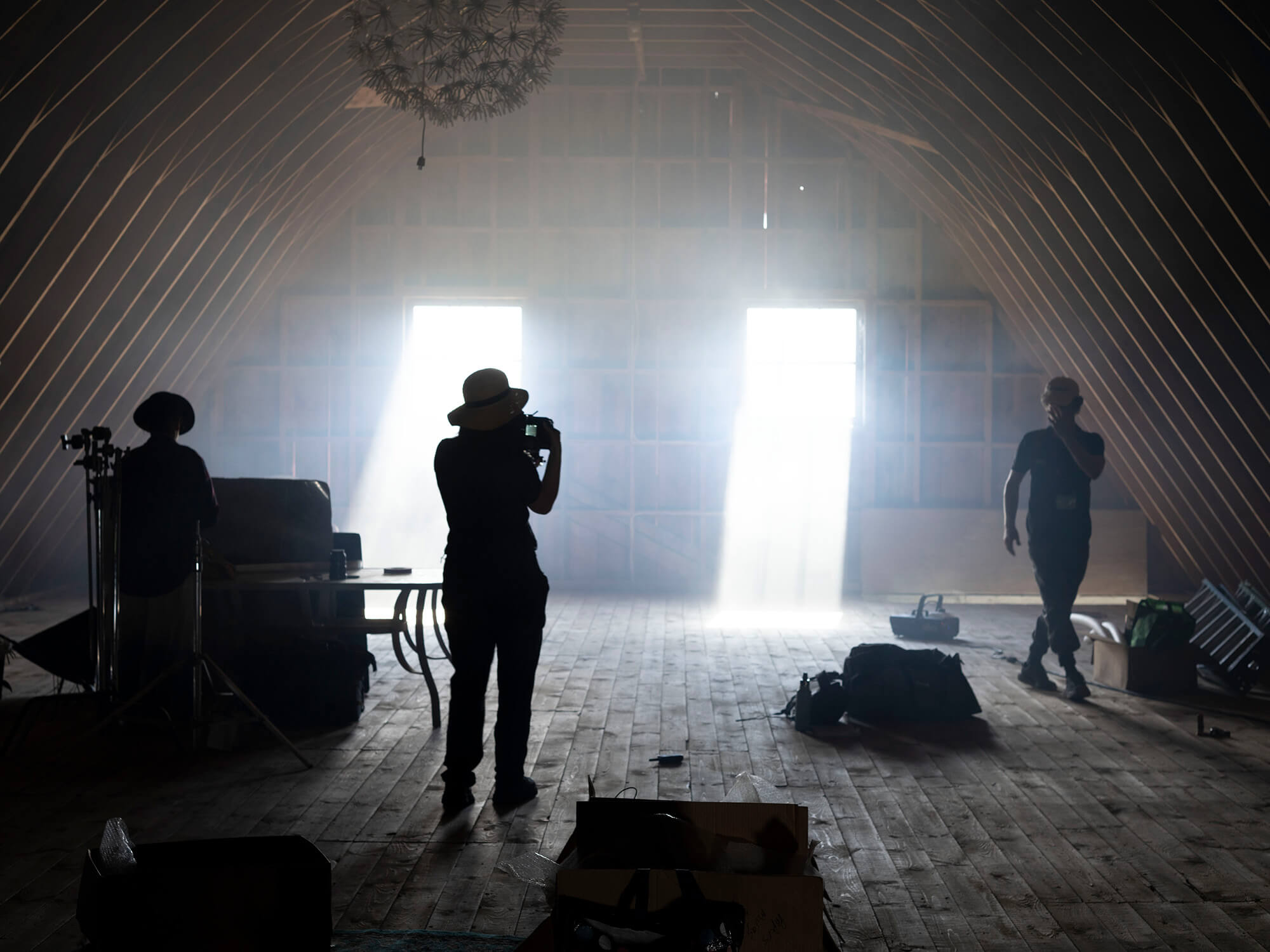
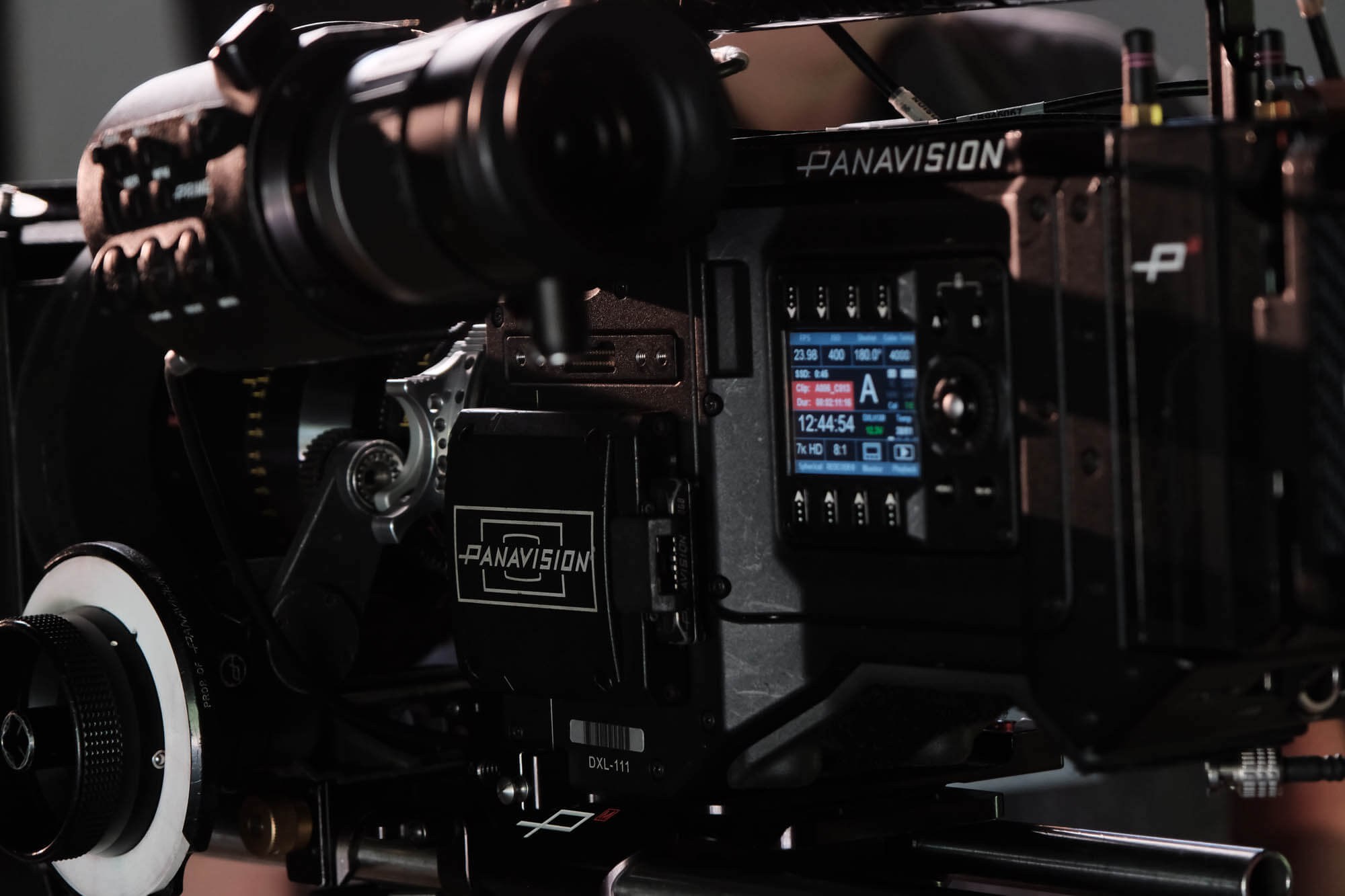
In a sequence of workshops, you’ll spend each week focusing on a particular aspect of the art and craft of cinematography, and be guided by seasoned industry professionals with years of experience honing their craft at the highest levels of film production. You’ll make valuable professional connections, learn hands-on with industry gear, and accumulate content each week for your professional portfolio or demo reel.
Students will leave the program having gained meaningful and extensive experience in all aspects of cinematography, the camera, and visual storytelling.
Please note: Each of these workshops can also be taken individually if you are looking to take a specific class. Please contact Registration for information on room & board fees for intensives at [email protected].
Testimonials:
“The industry professionals that come in are world-class. You get intimate time with them to really ask questions, learn, and network with other creatives. All the while, you get hands-on time with some of the best equipment in the industry, which is unique for a small school in the middle of (beautiful) nowhere. I will always recommend Maine Media as a great organization!”- Rob Weidner, Alum, Camera Operator, “Black Panther”, “The Maze Runner”.
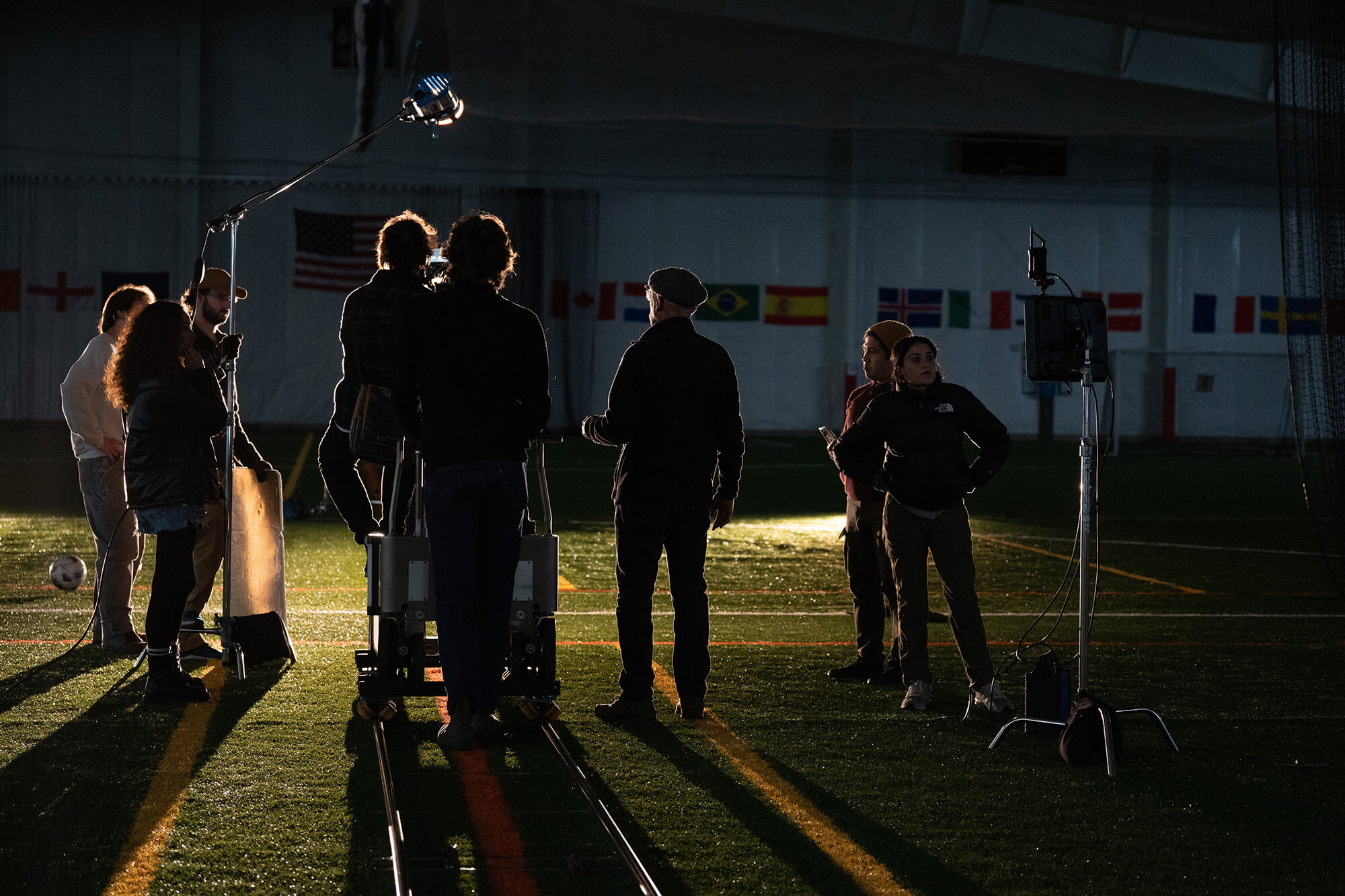
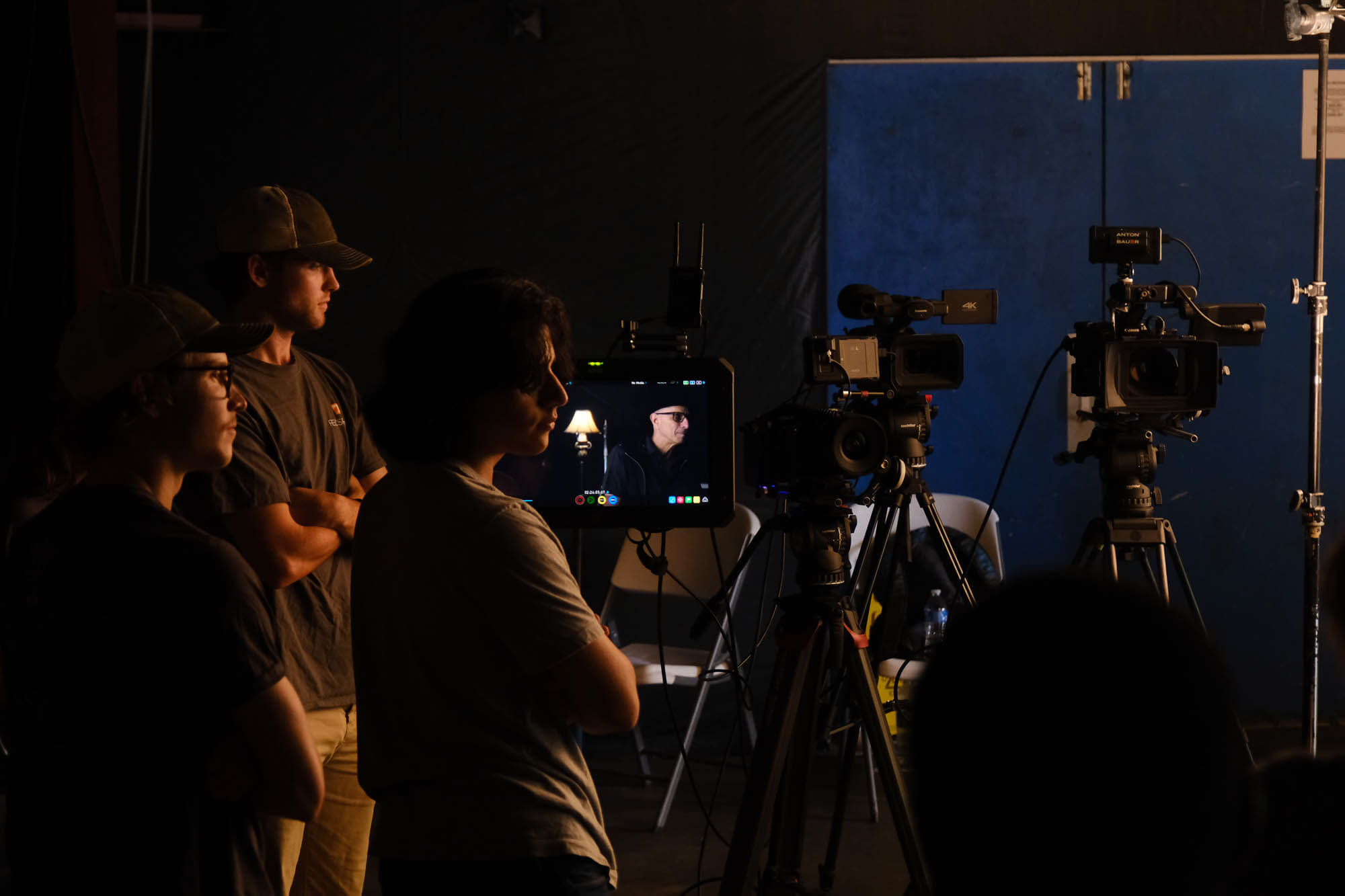
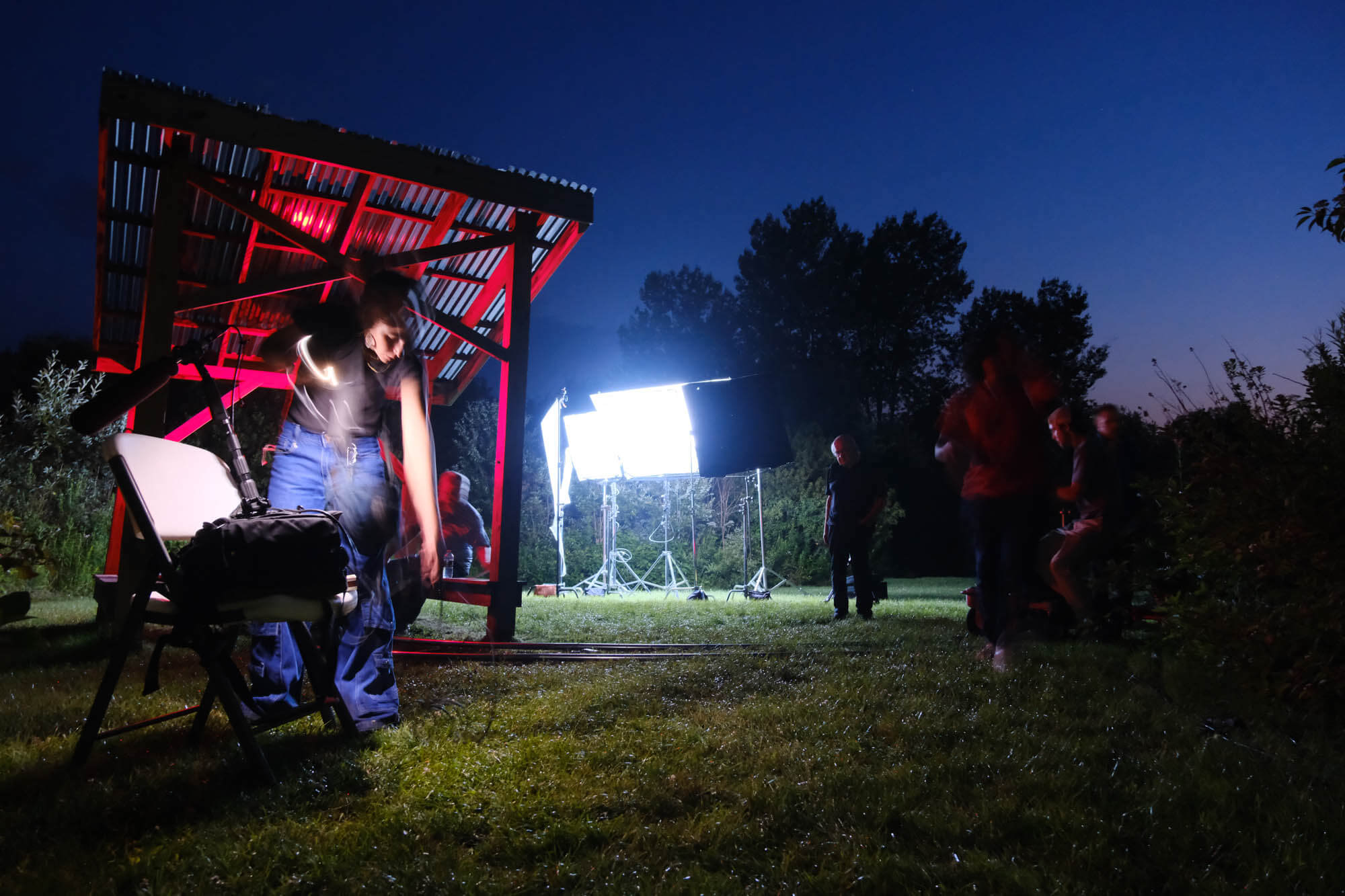
Why Take Filmmaking Workshops At Maine Media
For five decades, Maine Media has trained artists to be on the cutting edge of their mediums. When you access our uniquely intensive and immersive programs, you’ll have the opportunity to take a deep dive into cinematography, directing, documentary, screenwriting, performing, audio, editing, and post-production under the intimate direction of accomplished professionals.
Maine Media students have gone on to win Oscars and Emmys for directing game-changing films and shows like Birdman, The Revenant, Game of Thrones, Breaking Bad, The Walking Dead, Westworld, American Horror Story, and Better Call Saul. Their cinematography credits include Avatar: The Way of Water, Titanic, Wolf of Wall Street, House of Cards, The Irishman, and music videos for artists like Taylor Swift, Michael Jackson, Beyoncé, and Billie Eilish. At just one recent Academy Awards, our alumni won Oscars for Best Picture, Best Director, Best Screenplay, and Best Documentary Feature. In fact, Alejandro G. Iñárritu joined the annals of Oscar history by winning Best Director two years in a row!
Our list of Distinguished Alumni attests to how Maine Media has equipped filmmakers to realize their dreams.
Please note: An hour-long training session on Set Etiquette and Safety will be required of anyone registered for a workshop that involves production. Students only need to participate in this session once during their time on campus.
The 5-Week Cinematography Intensive Workshops (Jun 17-Jul 19, 2024)
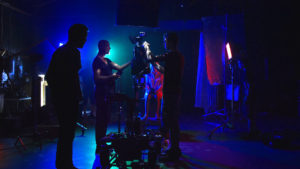
Week 1: Film Flow: Set & Production Dynamics
Are you new to film production and wondering what actually happens on a film set? Get a solid grounding in production dynamics. This week-long workshop gives participants a solid overview of the physical dynamics of film production. You’ll learn what happens on a film set, the way a film crew operates and interacts, and you’ll collaborate in the making of a short film. This “boot camp” is an ideal way to get the big picture of how everything works before taking other workshops and intensives that allow you go deeper into specific craft areas.
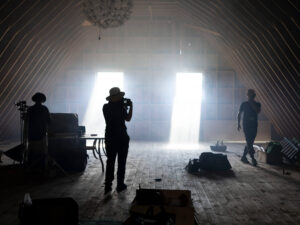
Week 2: Framing the Narrative
The class will examine how different choices in framing and lens choices can impact the power of a scene. Special attention will be paid to how framing, lenses and lighting can be used to illuminate a character’s emotional and psychological state. Students will weigh how traditional scene coverage versus an unconventional approach can enormously alter how the audience experiences a dramatic moment.
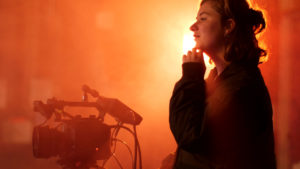
Week 3: The Art of Cinematography
This workshop covers the fundamental technical aspects and aesthetic considerations of the craft and process of cinematography. Students explore the camera as a tool, and the theory of cinematic storytelling. They are introduced to fundamental concepts through lectures and demonstrations. They explore the theory and use of exposure, lens selection, frame rate, shutter angle, depth-of-field and composition. Through hands-on exercises in-studio and on location, led by a career cinematographer, participants get their feet wet shooting with digital cinema cameras and DSLRs, as well as with various lenses, filtration, and lighting units.
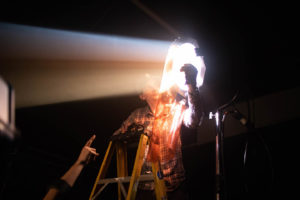
Week 4: (Optional) Creative Lighting for Film & TV
This is our most advanced lighting workshop for cinematographers, gaffers, and freelance filmmakers who want to explore dramatic lighting techniques used in feature films and TV. Through lectures, screenings, and discussions led by a career Cinematographer or Chief Lighting Technician, this class covers the importance of light in visual storytelling, and the techniques and processes to execute complex lighting.
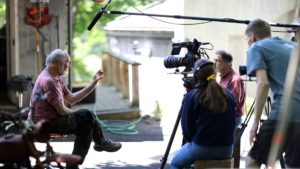
Week 4: (Optional) Nonfiction Cinematography
Through lectures and hands-on production, students will learn the best camera techniques for documentary and narrative work in order to deepen their mental and physical understanding of scene coverage. We will explore shot design, camera movement, and point-of-view. Students will also gain insight into the working relationship between the Director of Photography, the Director, their crew, their environment, and most importantly, their subjects.
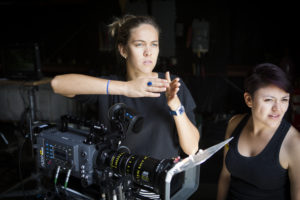
Week 5: The Camera & Visual Storytelling
In the final week of the intensive, the focus will be on the cinematic language and grammar of shot design, composition, camera placement, and movement, and how these techniques are employed to tell effective and emotional stories. Students will work with a distinguished cinematographer as their instructor. The subtle differences in visual styles and their effects on the viewer are addressed through exercises and screenings. The course will be heavily project-based and the entire latter half of the week will be dedicated to shooting original concepts. By week's end, participants will have created a short, portfolio-quality, cinematic piece, and worked with an editor to see their vision to completion. Projects are screened at the Friday Night Showcase of student work.


